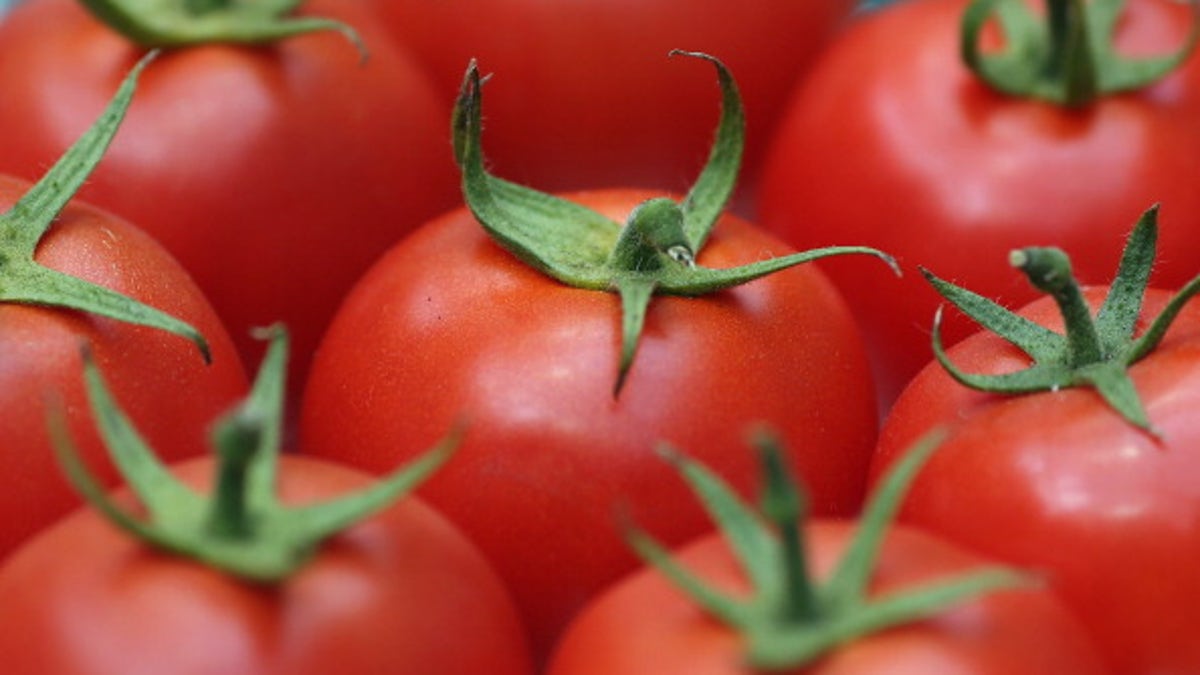
This juicy fruit has numerous benefits for those seeking a healthier diet. (Getty)
Whether you prefer sinking your teeth into the ripe, juicy fruit or savoring it as a thick, zesty sauce, there are many ways to enjoy tomatoes. But do they offer any benefit other than flavor?
The Wall Street Journal is reporting that a new study based in Finland shows that men with the highest level of lycopene —an antioxidant found in tomatoes— suffered less strokes than those who had the lowest level of it in their blood system. According to researchers, the risk of strokes was reduced by 55 percent. Those with high levels of lycopene were also 59 percent less likely to have an ischemic stroke, the most common type of stroke that is caused by a blood clot. There were 25 strokes among 258 men who had the lowest levels of lycopene and 11 strokes among men with the highest levels.
The National Stroke Association states a “brain attack” occurs when blood clots block an artery or causes a vessel to break, preventing blood flow to the brain. This results in brain damage, which could destroy certain abilities, including speech, movement and memory. Anyone, regardless of age, can have a stroke --it can be caused by several factors, including obesity, diabetes and smoking, just to name a few.
Does that mean men should begin devouring pasta loaded with simmering marinara sauce or cheeseburgers with chunky slices of tomatoes? Not so fast, says one expert.
According to Salvador Cruz-Flores, M.D. associated with the American Heart Association, the study encourages healthier eating but seems to contain some flaws.
“The study was done only on men, which is one issue,” states Flores. “The number of absolute strokes was really very small, 5 percent over 12 years. If you look at it annually, it’s less than 1 percent a year. The absolute benefit is very tiny.”
Researcher Jouni Karppi, lead author of the study, also stresses that healthier eating is what truly leads to long-term benefits.
“This study adds to the evidence that a diet high in fruits and vegetables is associated with a lower risk of stroke,” said Karppi in a statement. “The results support the recommendation that people get more than five servings of fruits and vegetables a day, which would like lead to a major reduction in the number of strokes worldwide, according to previous research.”
Tomatoes aren’t the only food with lycopene. Other fruits often found in several Latin recipes, like guavas, mangoes and papayas, have the same antioxidant.
